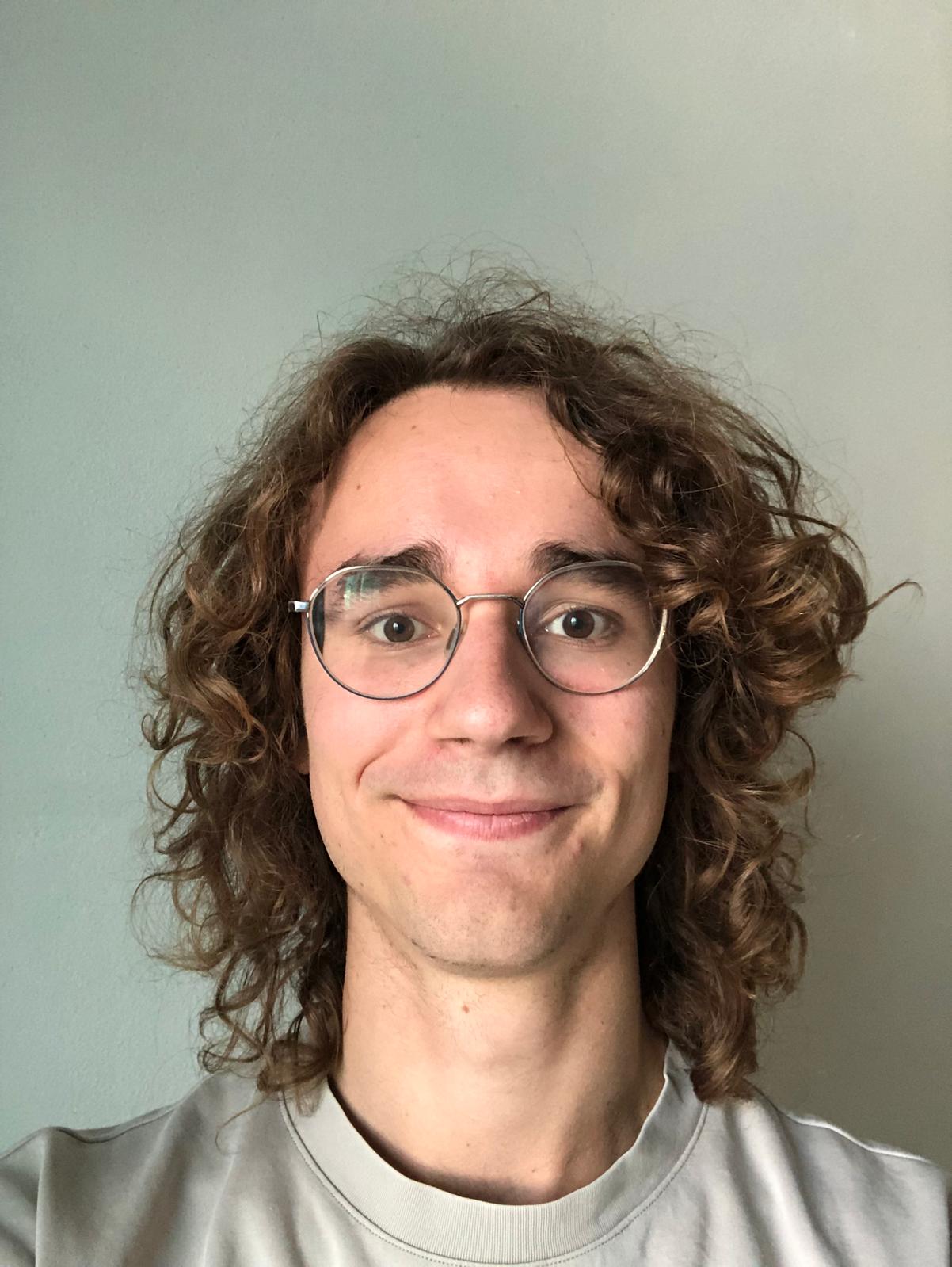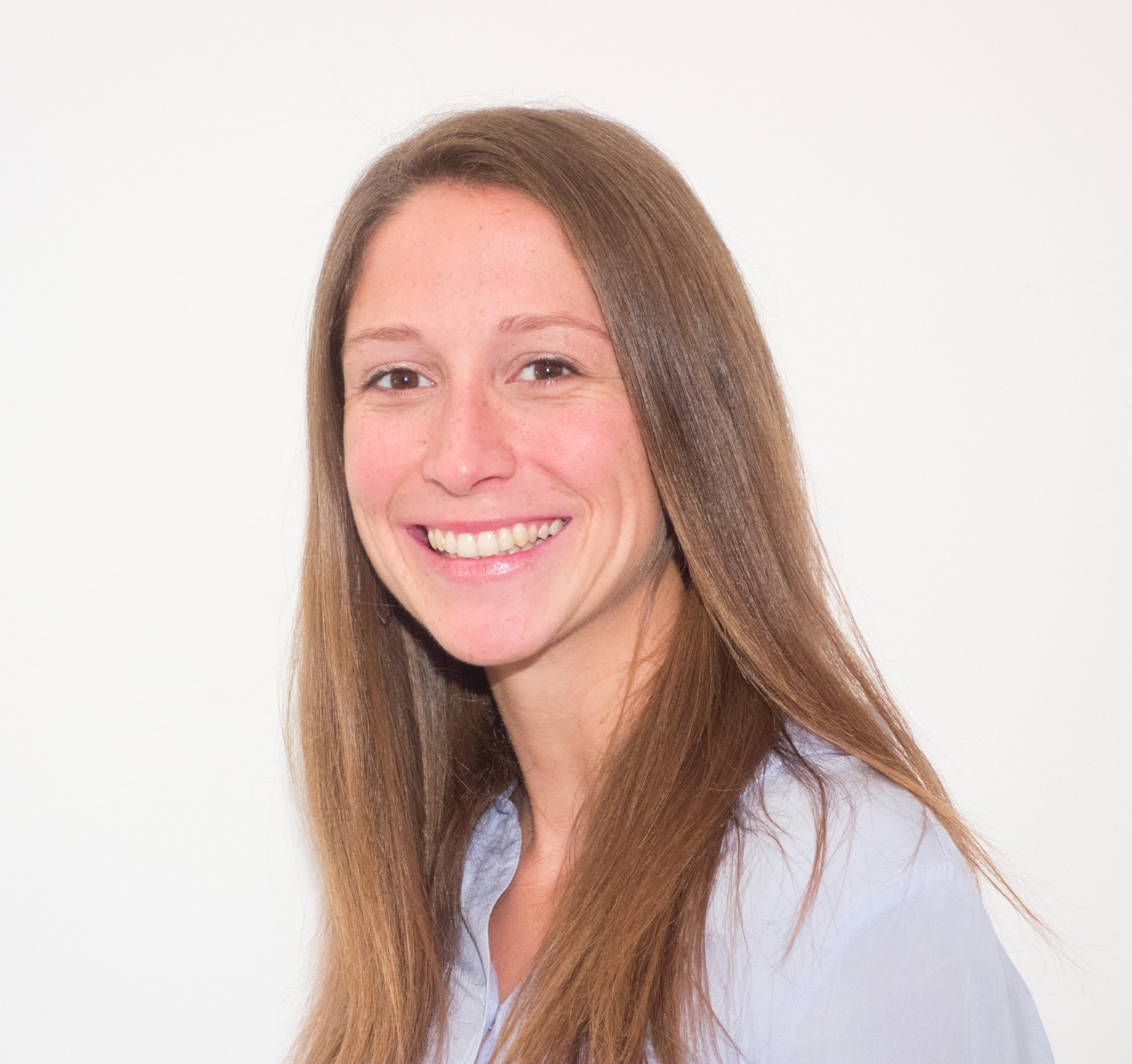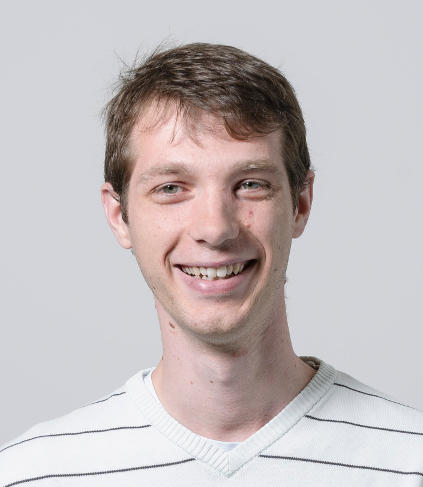Rafaela Haltiner, BSc Mathematics (UZH), MSc Biostatistics (UZH, ongoing)

My path to biostatistics began with pure mathematics. I have always enjoyed the challenge of solving logical puzzles and uncovering hidden patterns. But over time, I realized that math often lives in a very abstract world. I found myself wanting something more grounded, something that connects more directly to everyday life.
That is when I discovered biostatistics. To me, it felt like the perfect bridge between the abstract world of mathematics and the real world of medicine and biology. I love that I can continue to engage deeply with theory and logic while also contributing to tangible outcomes, like advancing medical research in ways that can benefit people’s health and well-being.
Another aspect that drew me to biostatistics is its interdisciplinary nature. I have always struggled to choose just one area of research when there are so many fascinating fields. In biostatistics, there is flexibility, as it brings together mathematics, medicine, and biology, but also extends into areas like ethics, programming, scientific writing, etc. I think it is exciting how these different disciplines come together and create a field that never feels limiting.
For me, this variety, combined with the opportunity to explore mathematical challenges while helping to improve people’s lives, is what makes biostatistics such a rewarding field.
Alvin Walker, BSc Health Sciences (ETH), MSc Biostatistics (UZH, ongoing)

When I started my Bachelor's, I had a clear plan: to pursue a career in sport sciences. Therefore I matriculated in Health Sciences, an interdisciplinary degree with a focus in biology, chemistry and engineering. One of the classes happened to be statistics, which was a real eye-opener for me. I enjoyed it so much that I took as many classes as possible in this direction and even realized that this field interested me a lot more than my original plan. However, having a biology and chemistry background, I thought it could be challenging to join a statistics program. Nevertheless, I discovered the Master in Biostatistics and decided to apply, where my application got accepted and I got into the program.
This Master's program is quite intense. It does not compromise on the theoretical nor on the applied fields of statistics. It was very hard at first, as I only had a rudimentary understanding of mathematics, but I managed to hang-on and ended up doing well in my classes. The teaching is not only focused on providing new knowledge and methods to students but rather on giving and shaping a whole new way of perceiving and understanding how statistics work. I am very grateful for this new perspective and am persuaded that it will help me be successful in my future.
Ashlesha Sonpar, BSc Molecular Genetics (University of Alberta), MD (University of Alberta), MSc Biostatistics (UZH, ongoing)
I trained in Infectious Diseases and Internal Medicine in Canada. During the COVID-19 pandemic, along with my clinical duties, I had the opportunity to be involved in trials for COVID-19 therapies and prevention strategies. Through this involvement, I became increasingly cognizant of the importance of statistical analysis - from study design to the data analysis stage.
I moved to Switzerland to further my research career at the University Hospital Zurich, but I found my statistical knowledge was insufficient to appropriately plan and analyze the projects we were developing. It was this realization that prompted me to apply for the Master’s degree in Biostatistics at the University of Zurich.
This program combines the theoretical knowledge necessary to develop a statistical analysis plan as well as the practical experience to implement it. This combination of theory and practice is especially relevant for me as a clinician researcher. I am confident this degree will provide me with the tools to design and conduct better statistical analyses and help me contribute more meaningfully to medical research.
Laura Barras, BSc Biology (UNIL), MSc Medical Biology (UNIL), MSc Biostatistics (UZH)

I was first introduced to statistics during my studies in biology. I remember being fascinated by this ability to extract information from the data and conclude whether the experiment was a success or not. Later, I had the chance to carry out a randomised clinical trial aiming to find new biomarkers of autologous blood transfusion. I came to realize that the most crucial part of the whole study was the analysis of the results and I enjoyed this part most of all. It was also clear to me that my knowledge of statistics was not sufficient to analyse complex data. This led me to pursue my studies with the Master Program in Biostatistics at the University of Zürich.
This program exceeds all my expectations. I particularly appreciate the fine balance between theory and practice. Understanding the models and correctly interpreting the outcomes is a critical aspect of any statistical analysis and is properly emphasised. Moreover, the program is flexible enough to cover all the basics and let us follow our various interests. I feel that the knowledge and skills gained during this master will be directly applicable to any future position may it be in academia or in the private sector.
Isaac Gravestock, BSc Applied Statistics (UWA, Australia), MSc Biostatistics (UZH)

I chose the Biostatistics Master and UZH because my interest in statistics is in the applications that make a difference for people. Through the program I have gained experience and the confidence to do statistical analyses on the wide range of problems that occur in medical and health sciences. The courses have had a good mix of statistical theory, applied problems, computer programming and the ethical and other real life challenges that come from doing research on people. Although I had a background in mathematics and statistics, I found the lectures to be challenging and interesting and I have learnt a lot.
Ruizhu (Fiona) Huang, BSc Chemistry (WUT, China), MSc Biostatistics (UZH)

I have always been fascinated by medical research and I like numbers. The applications of statistics to medicine and the health sciences show me the potential to combine these two interests. My goal is to work in a pharmaceutical company and analyze medical data or data related to public health. My motivation for attending this master program of Biostatistics is to acquire profound knowledge of statistics. I have been in the program for one year now and I get more and more convinced that it is a good choice for me. It provides very practical and interesting statistical knowledge; meanwhile, the curriculum structure is arranged in a systematic way so that I can follow it easily with my bachelor in Chemistry. I will start my master thesis in the coming semester, it is about using linear mixed model to analyze HIV data. This topic is exactly what I would like to do in the future. There is still a long way to go for my goal but I know I am on the right path now!
Sandra Siegfried, BSc Biology (UZH), MSc Biostatistics (UZH)

I am very much interested in learning more about the framework of how to tackle problems from the field of biology and medicine and that is why I chose the Master Program in Biostatistics. While in my Bachelor in Biology I got broad insight into the field of natural science and was able to conduct biological experiments, I was always keen to learn more about the methodology behind assessing the collected data and evaluating scientific problems.
The Master Program in Biostatistics perfectly brings together the statistical theory and computational methods to assess “real world” problems. Furthermore, it convinced me by its structure with both theoretical and practical courses and its broad field of application. Over the course of my master studies I was able to get a deep insight into statistical methods, could improve my analytical and computational skills and furthermore got encouraged to critically assess, how to design and evaluate scientific studies. Being able to deepen my knowledge while being surrounded by so many peers has strongly grown my interest in this field. Altogether, I have experienced this Master Program as a great environment for excellent education and personal progress.
